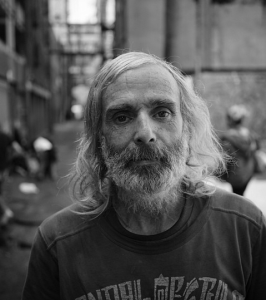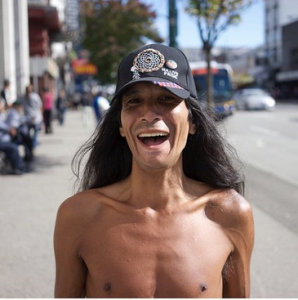This past week in English we’ve been reading and discussing Art Spiegelman’s Maus. While interviewing his father, Vladek, about his terrifying experiences during the Holocaust, Art asks, “Why didn’t the Jews at least try to resist?” (Spiegelman 73). Vladek replies that the Jews were starving and tired, and they hoped for a saviour through the Russians (Spiegelman 73). This section of the story got me thinking about this concept, so I took some time to explore it. The answer to this question is quite simple, and echoes Vladek’s reasoning, “a civilian population, with little or no firearm experience… all weak from starvation and exhaustion [were faced against impossible odds]” (source). They simply did have the weapons or resources needed and “deception, fear, and the overwhelming power of the Germans and their collaborators [made resistance almost impossible]” (source).
Despite these impossible conditions, there are some examples of Jewish rebellion. The Vilna Ghetto was one of the first resistance movements established in the ghettos against the Nazis. An anti-fascist party was formed in January 1942, with a motto of “we will not go like sheep to the slaughter.” Unfortunately the party was too few in numbers by the time they needed to begin fighting and many members fled to the nearby forests (source).
Another example and the most widely known case of rebellion, is in the Warsaw Ghetto. Beginning on April 19th 1943, hundreds of Jews fought against the Germans in what is known as “the largest single revolt by Jews during WWII”. Although a large part of the uprising was disabled after a few days by the Germans, many individuals that had survived continued to fight back for over a month before they were defeated.
In the Treblinka and Sobibor death camps a similar fate played out. Both camps kept about 1200 Jews to maintain their operations, and many of these workers eventually made plans to rebel. In both camps, a few hundred fought against the Germans but unfortunately less than 100 people survived until the end of the war.
Although there was nothing that the Jews could have done to completely stop the systematic destruction by such a powerful force, the known instances of Jewish rebellion are extremely honorable and courageous. These examples also prove that the Jews in fact did fight back, with the only means they had and to the best of their ability.
Works Cited
Spiegelman, Art. Maus: And Here My Troubles Began. New York: Random House Inc. 1991. Print.
http://www.ushmm.org/wlc/en/article.php?ModuleId=10005188
http://www.ushmm.org/wlc/en/article.php?ModuleId=10005407
http://en.wikipedia.org/wiki/Vilna_Ghetto#Resistance
http://www.aish.com/ho/i/48945626.html
http://www.ushmm.org/educators/teaching-about-the-holocaust/common-questions#answer 3


